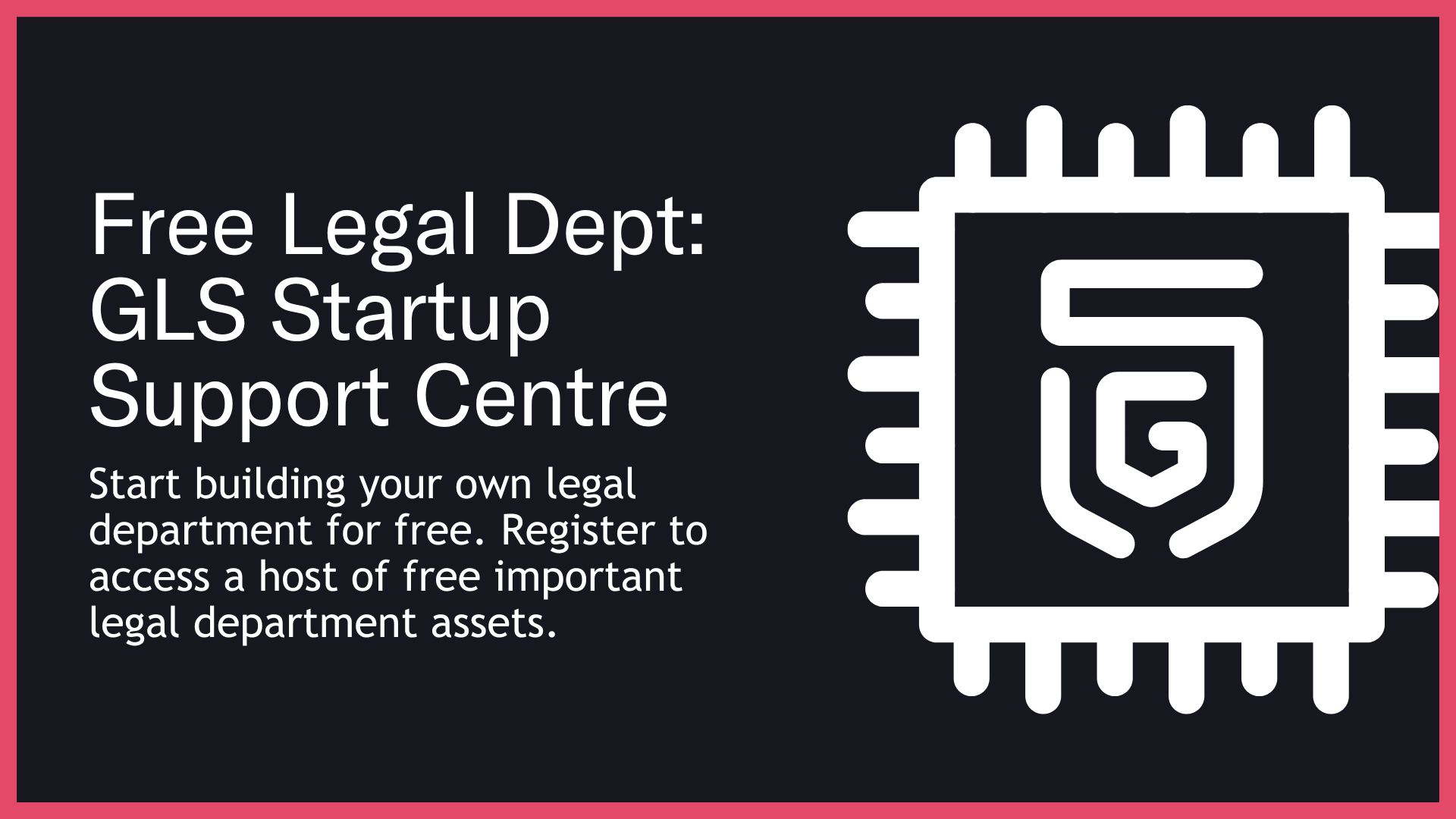GLS Legal Support Centre
Legal Made Easy For Startups
Back
Intra-Group IP Licensing
Introduction
“The smarter you are about where your intellectual property lives, the more power it has to grow your business.” – Matt Glynn
As a startup matures - or from day one if it operates across multiple jurisdictions - it must think strategically about where its IP sits and how it is used across the business. One of the most effective approaches is intra-group licensing, where a single group entity (often in a favourable jurisdiction) holds the intellectual property (IP) and licenses it to other operating companies in the group.
This strategy isn’t just about operational control - it can be a tool for IPR protection, tax optimisation, risk management, and consistent brand use.
Intra-Group Licensing – What Is It?
PAA: What does intra-group licensing mean?
It’s the practice of licensing IP from one company in a corporate group to other companies within the same group, usually under formal agreements that set usage terms, payment obligations, and compliance requirements.
PAA: Why have one entity own all the IP?
Centralising IP ownership allows consistent management, simplifies enforcement, and can position IP in jurisdictions with favourable tax or legal regimes.
Why This is Important
This is an important stage of the start-up journey because:
◼️Centralised control – One entity can manage and protect IP consistently.
◼️Risk isolation – Operating entities avoid direct IP ownership, reducing exposure.
◼️Tax efficiency – Royalties and licensing fees can be structured for optimal tax outcomes.
◼️Global scalability – Easier to roll out consistent branding and products internationally.
◼️Operational clarity – Clear rights for each group company to use IP.
◼️Investor confidence – Professional structure signals long-term planning.
PAA: Is intra-group licensing legal?
Yes - provided it complies with local transfer pricing, tax, and IP laws.
Consequences of Not Addressing This Issue
1. Legal Implications
◼️Disputes over usage rights within the group.
◼️Tax authorities challenging unstructured revenue flows.
2. Founder Relationship Issues
◼️Disagreements over how licensing income is allocated or reinvested.
3. Commercial Implications
◼️Difficulty expanding internationally due to inconsistent IP use.
4. Operational Implications
◼️Inefficient IP management and duplicated costs.
5. Biz Valuation Issues
◼️Lower valuation due to fragmented IP ownership and unclear licensing terms.
PAA: Can intra-group licensing reduce tax bills?
In some cases, yes - but it must be properly structured to comply with tax laws, especially transfer pricing rules.
What You Should Be Doing
◼️Assess your IP holdings – Identify what IP should be centralised.
◼️Select the IP-holding entity – Consider legal, tax, and operational factors.
◼️Draft formal agreements – Include royalty rates, permitted uses, and termination terms.
◼️Ensure compliance – Meet local registration and transfer pricing requirements.
◼️Review regularly – Adjust arrangements as the group grows.
PAA: Do royalties have to be charged between group companies?
Yes - in most cases, to satisfy tax compliance and demonstrate arm’s-length arrangements.
Case Studies
Google (Alphabet) – IP Holding in Ireland
For years, Google structured its European operations so that key IP was owned by an Irish entity, which then licensed it to other subsidiaries. This approach, combined with specific tax treaties, optimised global tax efficiency while maintaining tight control over IP use. Although some structures have since evolved due to regulatory changes, the core principle of centralised IP licensing remains.
Nestlé – Global Brand Control
Nestlé owns its brands through central IP companies, which license trademarks and other IP to operating entities worldwide. This ensures consistent brand use, strengthens enforcement, and enables efficient tax and profit repatriation strategies.
Microsoft – Royalty-Based Internal Licensing
Microsoft’s software IP is often owned by centralised entities and licensed to regional operating companies. This allows operational agility, consistent compliance, and optimised cash flows across jurisdictions.
PAA: What happens if you don’t have intra-group licensing in place?
Operating entities may use IP without legal clarity, creating enforcement issues and tax exposure.
Final Thoughts
Intra-group licensing is about more than efficiency — it’s about protecting, controlling, and optimising the value of your intellectual property on a global scale. For startups with international ambitions, putting the right structure in place early can avoid costly restructuring later.
How GLS Can Help You
◼️IP ownership structure design
◼️Drafting intra-group licence and royalty agreements
◼️Transfer pricing compliance support
◼️Tax-optimised IP strategies
◼️Global IP registration and enforcement
◼️Brand consistency planning
◼️Risk assessment for IP-holding entities
◼️Multi-jurisdictional legal coordination
◼️IP valuation for group restructuring
◼️Ongoing compliance monitoring

